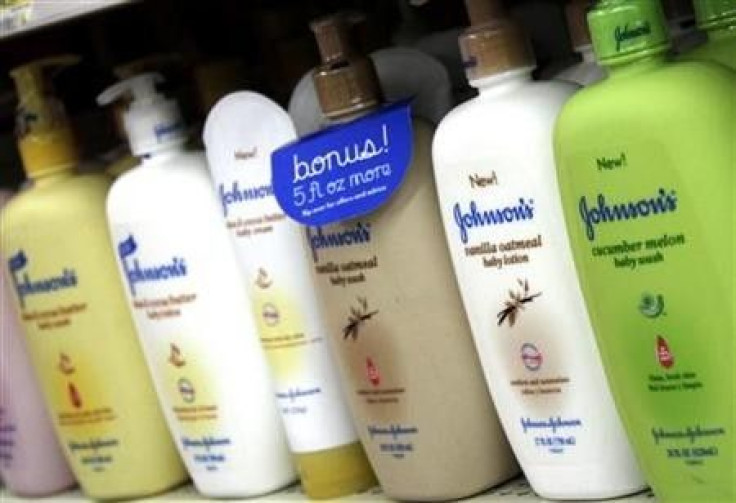Johnson & Johnson's Xarelto Delay Likely: Analyst

Despite the FDA advisory panel's backing, RBC Capital Markets does not believe Johnson & Johnson's (NYSE: JNJ) Xarelto is well positioned to receive marketing approval on Nov. 5.
On Sept. 8, the Cardiovascular and Renal Drugs Advisory Committee (AdCom) recommended approval of Xarelto (9-2; 1 abstention) for stroke prevention in atrial fibrillation (SPAF).
While the FDA will consider the panel’s recommendation, it is not binded to follow it. Given the mixed tone of the briefing documents and call for a complete response letter, we suspect a delay in final approval is likely, said Glenn Novarro, an analyst at RBC Capital Markets.
The committee debated the issues raised initially by FDA reviewers: difficulty in assessing efficacy of Xarelto (not used as skillfully in ROCKET versus RE-LY), excess event rates when Xarelto is discontinued (concern over how to transition patients to warfarin), and optimal Xarelto dosing (2 time a day versus once a day).
Additionally, a call for an additional pre-approval substudy would delay final approval. Novarro said unanswered questions linger post AdCom meeting.
Recall, Pfizer Inc./Bristol Myers Squibb Co. presented the complete results from the ARISTOTLE trial at the European Society of Cardiology (ESC) meeting on Aug. 28.
Eliquis reduced the risk of stroke by 21 percent (versus 12 percent reduction in the ITT analysis in ROCKET-AF), major bleeding by 31 percent (versus 3 percent increase in ROCKET-AF), and mortality by 11 percent (versus 13 percent for ROCKET-AF, however, this measure was not statistically significant).
Additionally, the warfarin arm was well-controlled with a TTR mean of 62 percent (versus 55 percent TTR in ROCKET-AF). Given the strong data, Xarelto will likely lose share once Eliquis comes to market (late third quarter/early fourth quarter U.S. filing).
SPAF is a major indication for Xarelto (model reflects more than 50 percent of Xarelto sales). For 2012, the brokerage lowered its U.S. Xarelto estimate to $135 million from $375 million. It now expects sales to grow to $875 million by 2015, down from previous estimate of $1.02 billion.
Novarro said his new model assumes Xarelto launches in the U.S. for the SPAF indication in late-2012. His 2012 EPS estimate is reduced by $0.02 to $5.30 that excludes the Synthes deal.
Johnson & Johnson stock is currently trading down 1.37 percent at $62.77 on the NYSE at 9:31 am EDT.
© Copyright IBTimes 2024. All rights reserved.











